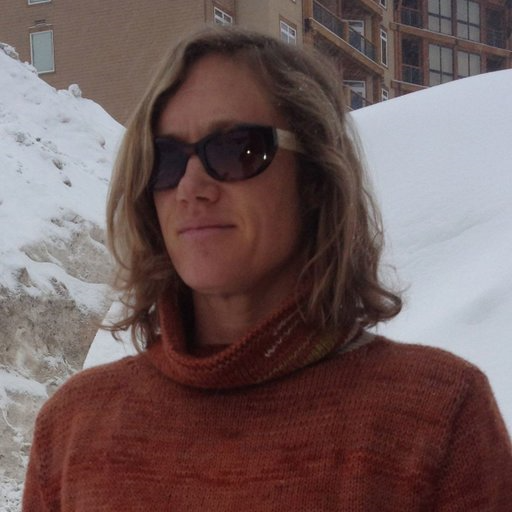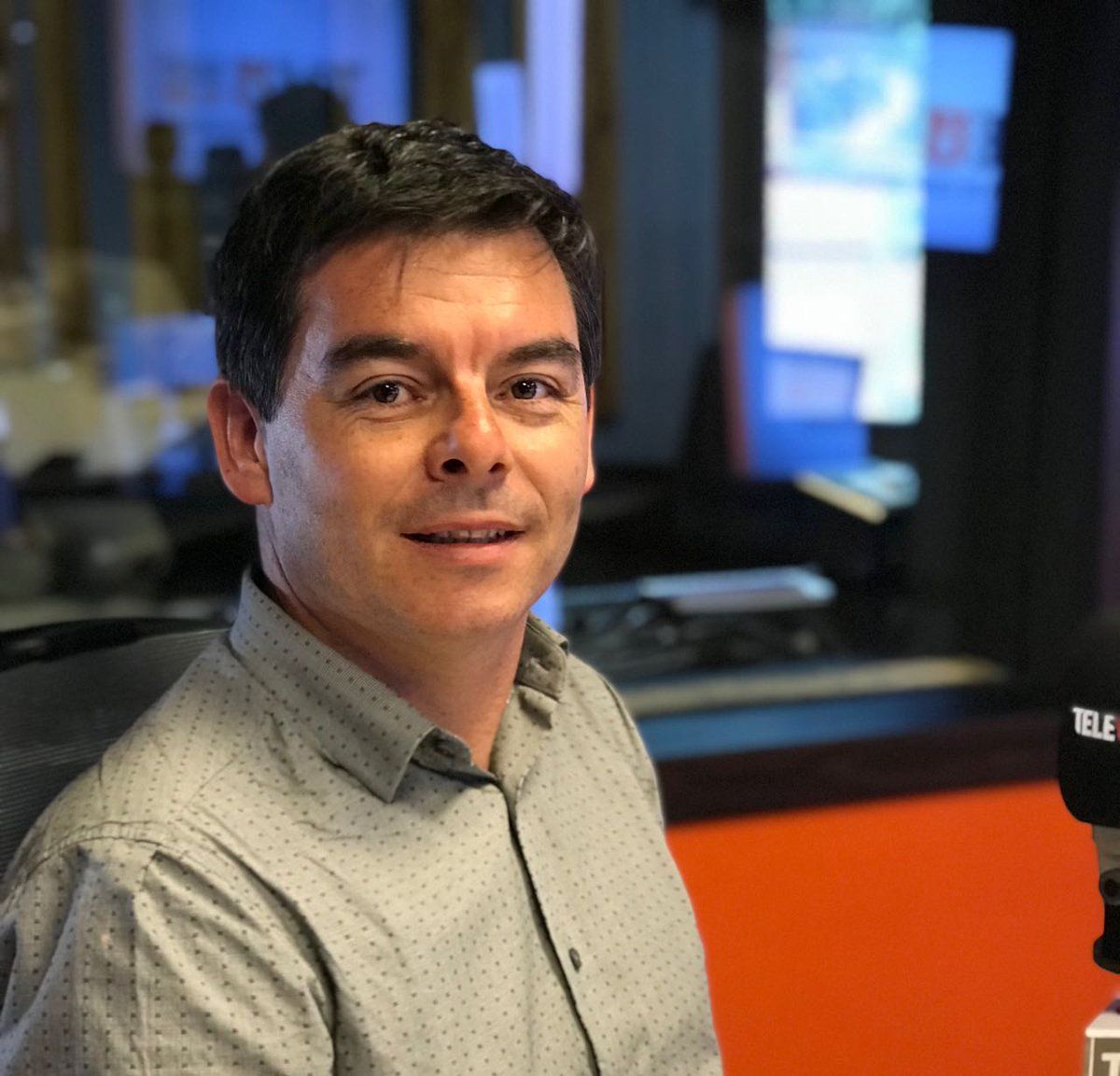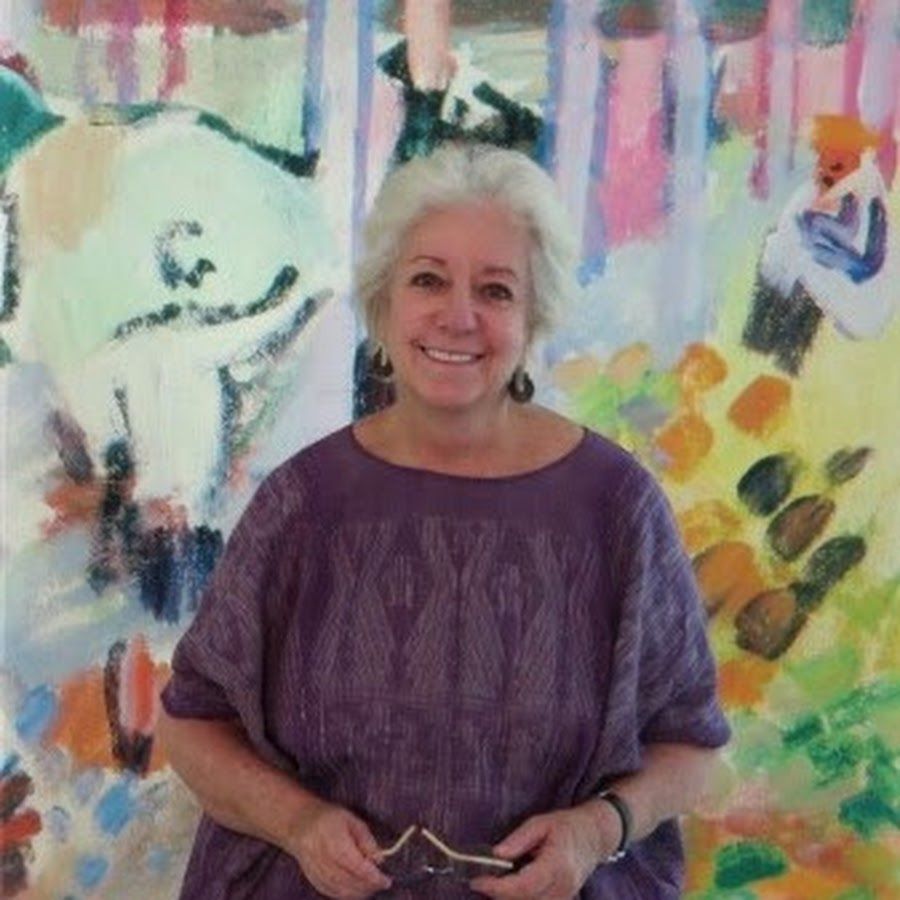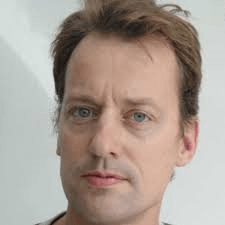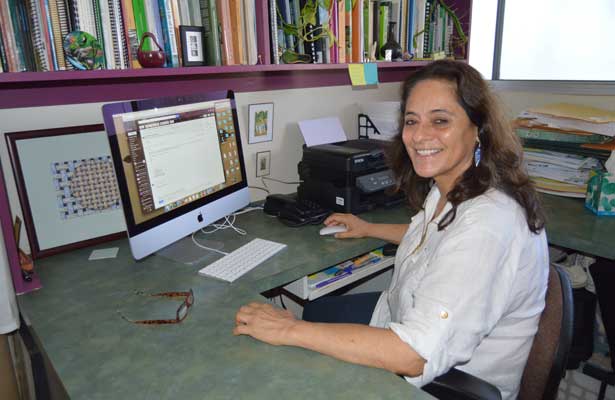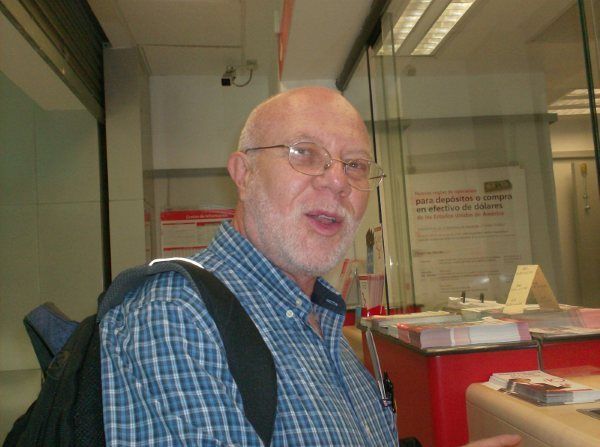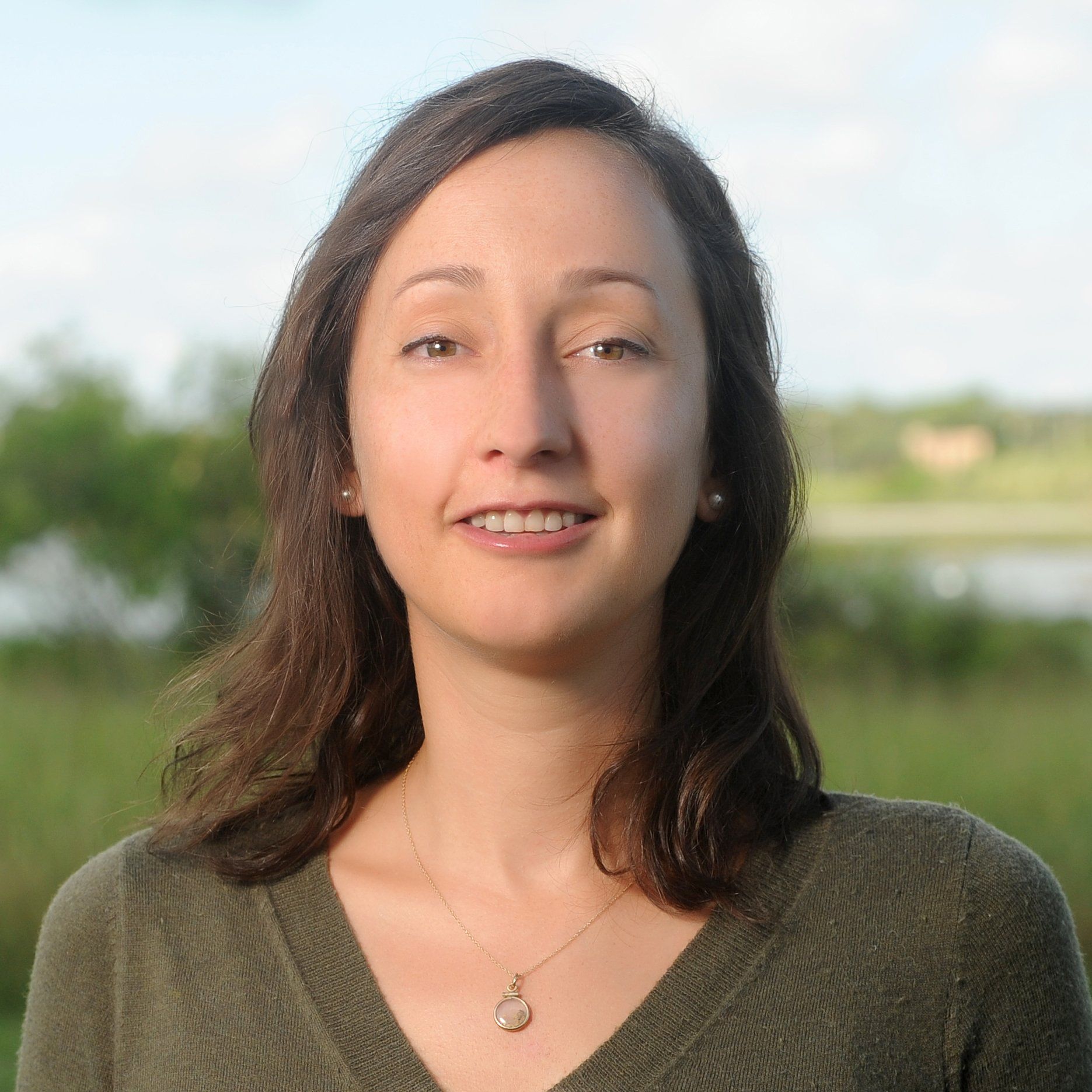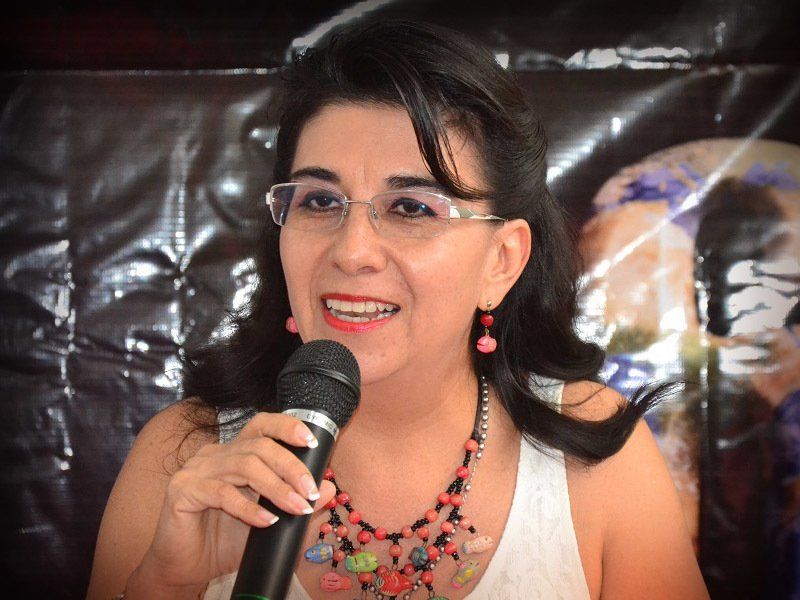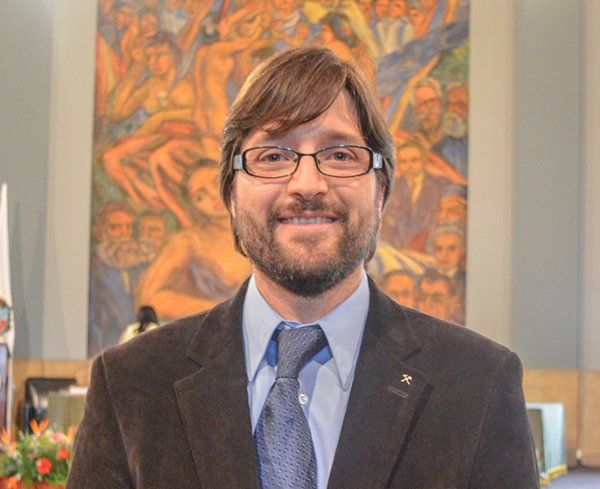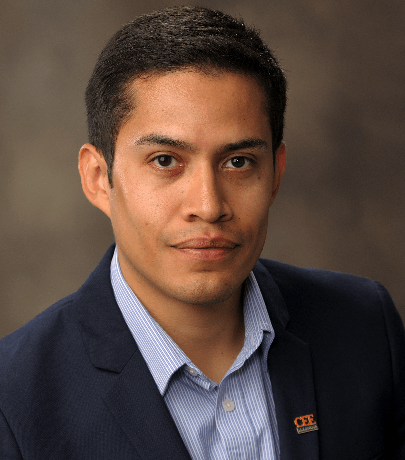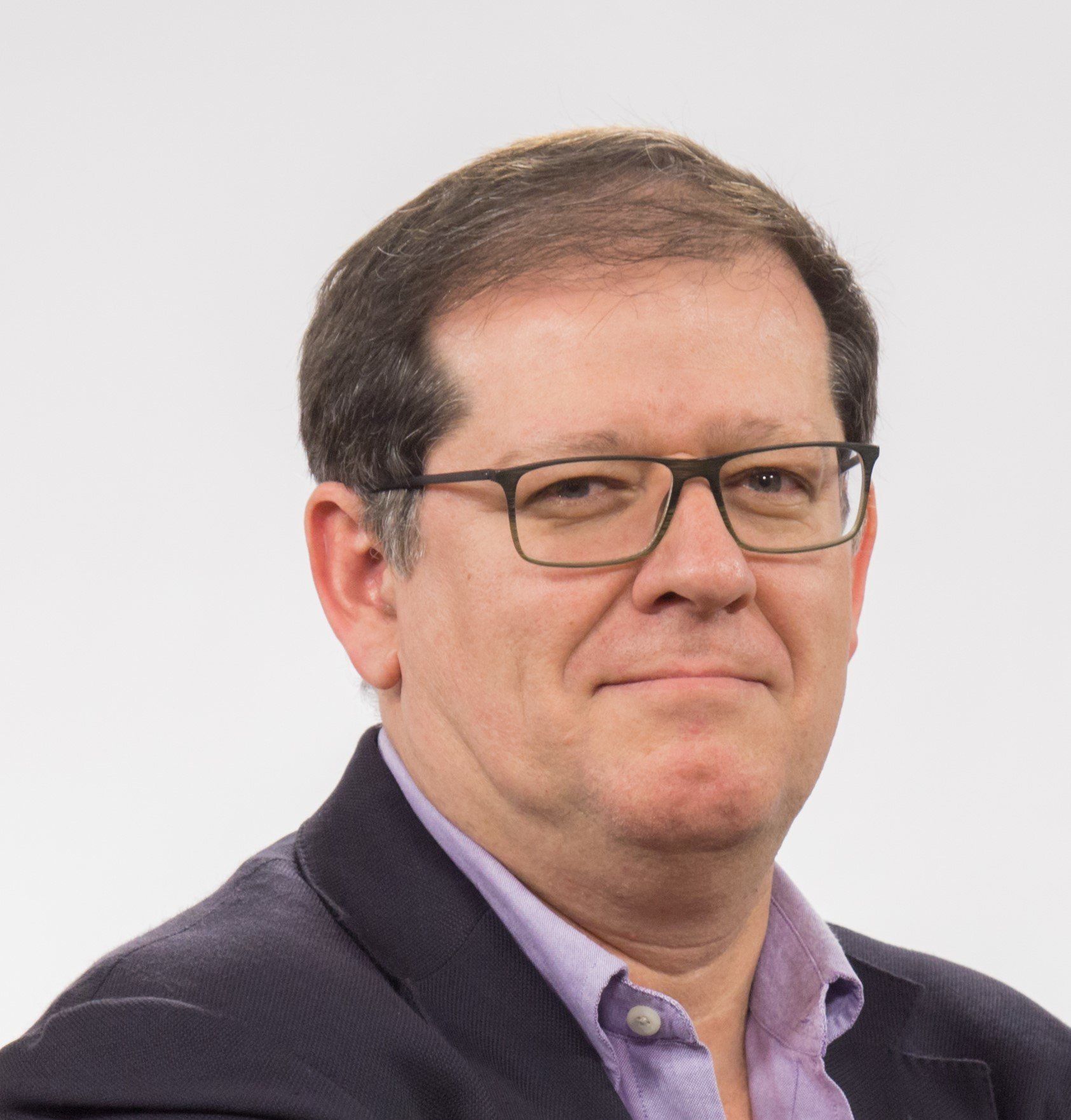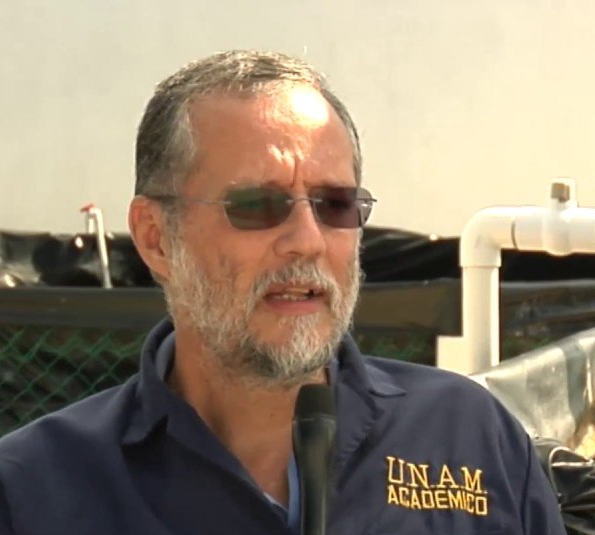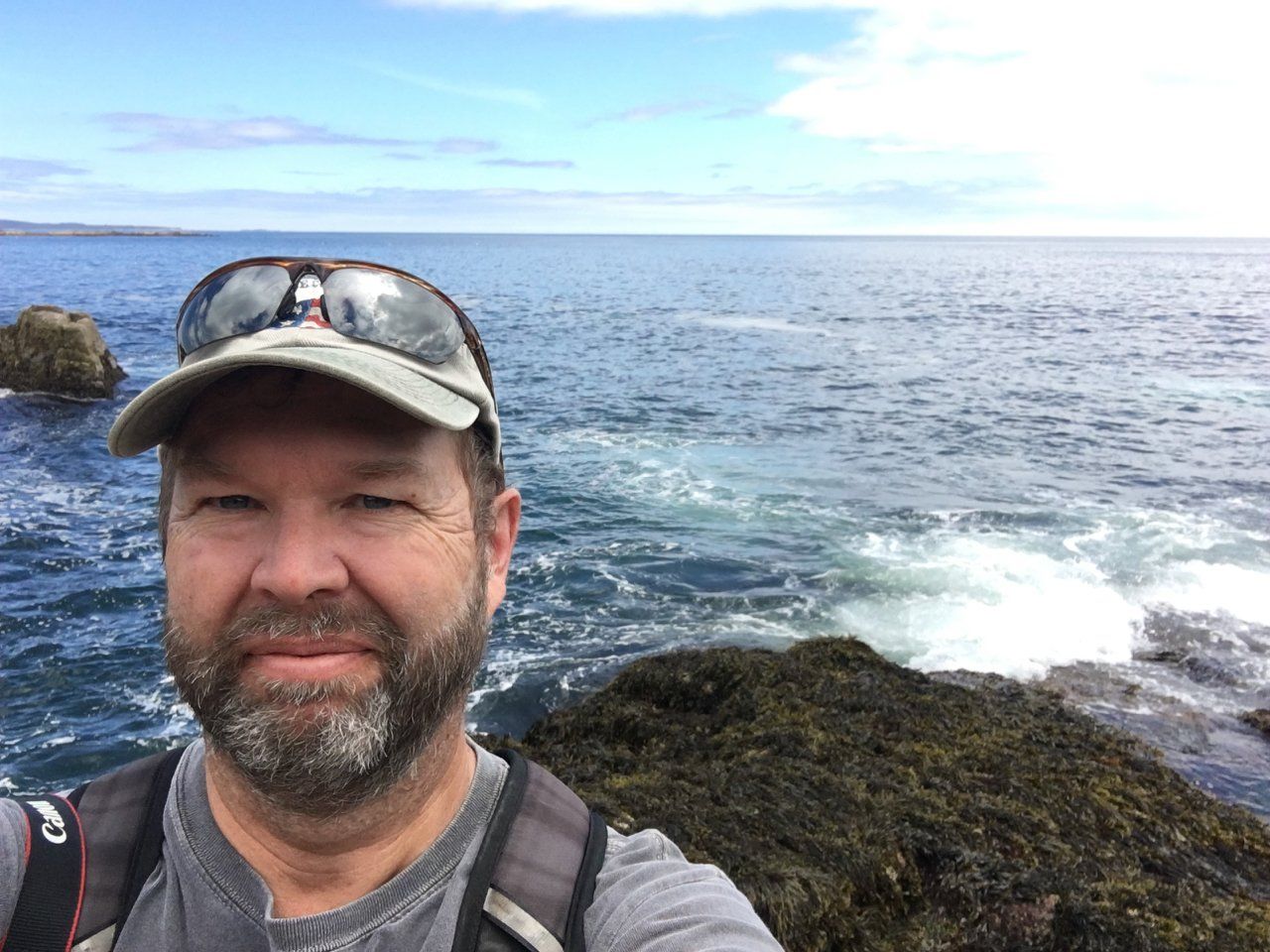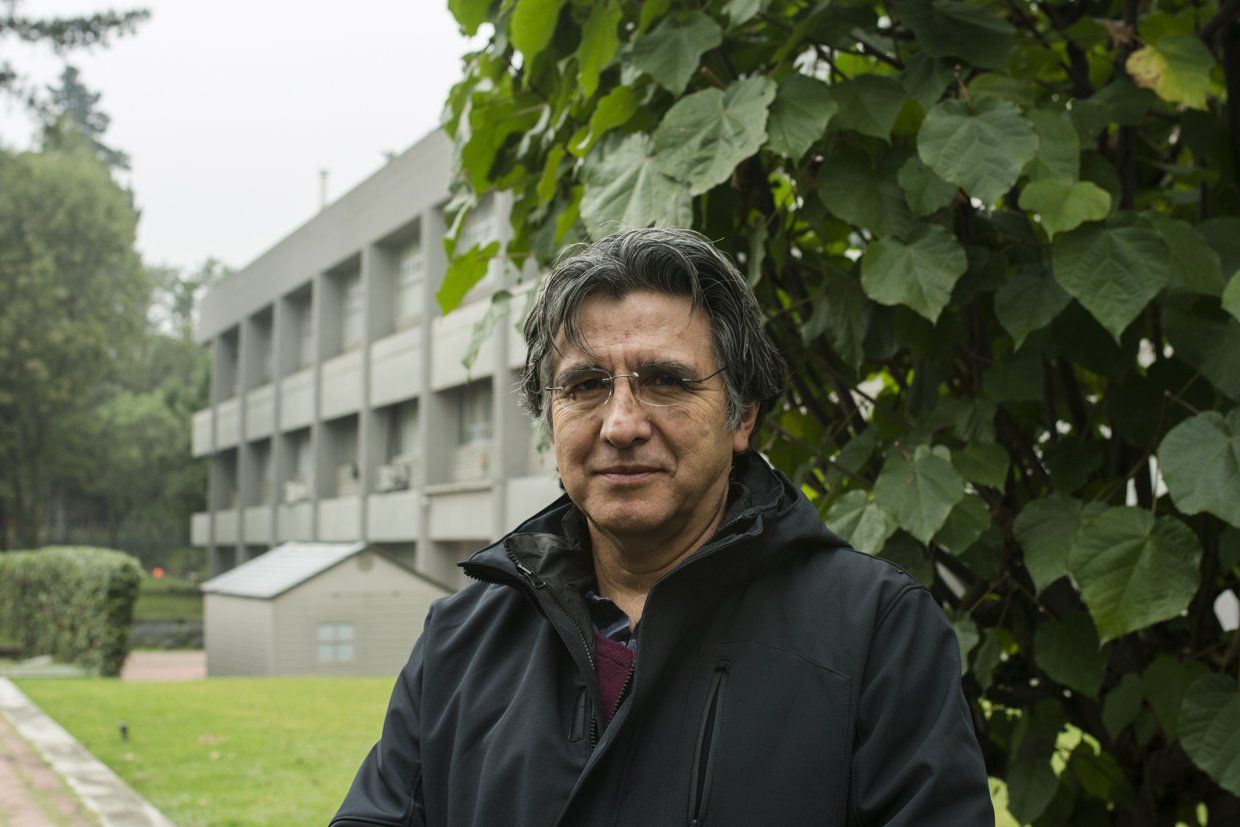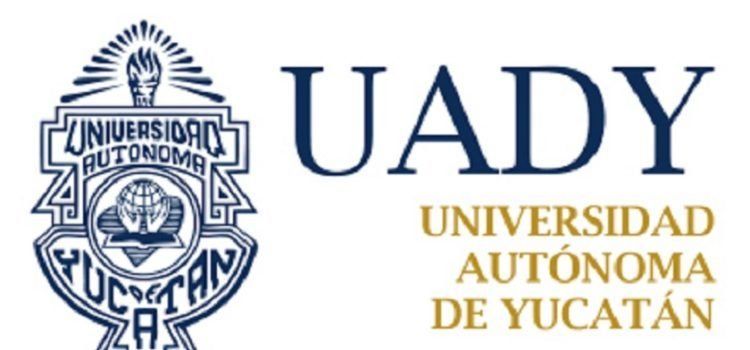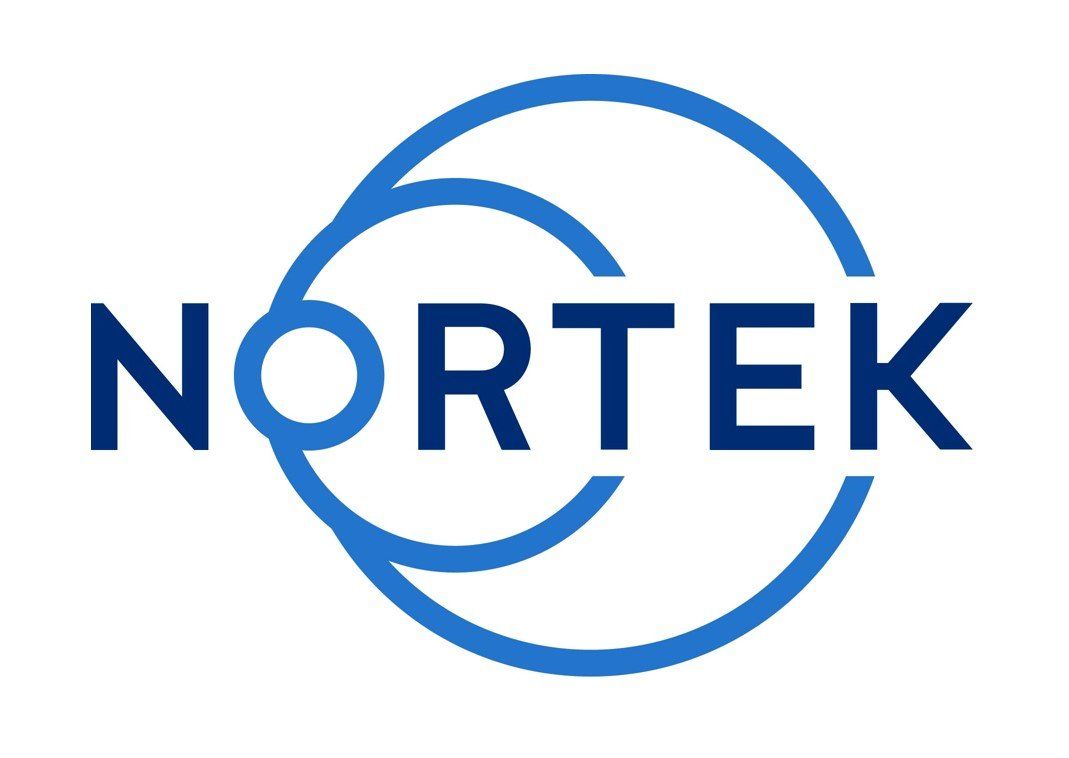First International Coastal Resilience Symposium 19-21 June Mérida, Yucatán
Keynote Speakers
Britt Raubenheimer
Britt Raubenheimer is a Senior Scientist at the Woods Hole Oceanographic Institution. After receiving a bachelor’s degree in Physics from Middlebury College, VT, and spending a year skiing and hang gliding, Raubenheimer began her career in coastal oceanography working with the St. Petersburg, FL, USGS to study the processes driving the evolution of the Isle Dernieres Barrier Islands, LA. She was inspired to get a Ph.D., which she received from Scripps Inst. Oceanography. Raubenheimer’s research interests include surf and swash-zone hydrodynamics, interactions between ocean waves and the coastal groundwater, and morphological evolution of beaches, tidal flats, and inlets. Recently, she and her students and collaborators have focused on feedbacks among oceanographic, geomorphologic, hydrogeological, and geomechanical processes during major storms.
Rodrigo Cienfuegos
Dr. Cienfuegos is a civil engineer from the Pontificia Universidad Católica de Chile (PUC), and earned a PhD in Earth Sciences from the Institut National Polytechnique de Grenoble, France. Since 2006, he´s been in charge of courses in fluid mechanics, hydraulics, sediment transport, and coastal engineering at the PUC School of Engineering as an Associate Professor. His research focuses on nearshore hydrodynamics and morphodynamics, numerical and experimental modelling of shallow water flows for coastal and riverine applications. Between 2012-2016, he was a principal investigator in the Satreps project “Enhancement of technology to develop tsunami-resilient community” between Chile and Japan. Currently, he is the director of the Research Center for Integrated Disaster Risk Management funded by the Conicyt/Fondap program, where interdisciplinary teams develop applied research for disaster risk reduction and resilience.
Patricia Moreno Casasola
Patricia Moreno-Casasola is a biologist with a PhD in Plant Ecology and a specialty in Sustainable Development. She´s a researcher at the Institute of Ecology A.C. and SNI III. Works on the ecology and conservation of dunes and freshwater coastal wetlands, with two approaches. The first is ecological one, and focuses on the adaptations of the species, as well as the regeneration, succession and evaluation of the environmental services of these ecosystems. The second is a social aspect developed with coastal settlers, the owners of ecosystem services, focusing on the adaptation to climate change, actions for the conservation and restoration of wetlands, promoting community organization projects. She has received several awards, among them the Ecological Merit Award -SEMARNAT and the recognition of Ecological Merit granted by the Mexican Scientific Society of Ecology.
Henk Schuttelaars
Dr. Schuttelaars completed his PhD on the evolution and stability of bottom patterns in tidal embayment´s. Has a MSc in Physics at the University of Utrecht. Currently, he is an associate professor at the Delft Institute of Applied Mathematics, Delft University of Technology. His three main research themes concern the trapping of fine sediments in estuarine systems, the intrusion of salt in estuaries, and the morphodynamic evolution and stability of estuarine and coastal systems. He specifically focuses on gaining insight in the mechanisms that are essential to understand and reproduce observations qualitatively. Therefore, he has been developing models that allow for a detailed analysis of the various mechanisms and a systematic sensitivity analysis.
Ileana Espejel
Professor at Universidad Autónoma de Baja California (UABC) in Mexico. She received her PhD in Plant Ecology by the University of Uppsala (Sweden) in 1986. She has spent more than 30 years dedicated to the research of coastal processes, including the ecology of coastal dunes, coastal zone management and ecological arrangement. She has the highest degree at the National System of Research in Mexico and is responsible for the academic team "Management of Coastal and Land Resources", which was honoured with the International Award of Ecology and Society in 2011. She has taught 40 courses in several institutions. She has been responsible for 26 projects on a wide range of environmental issues related to coastal watershed management, arid zone management and climate change.
Gerardo Gold Bouchot
Full time professor in the Oceanography Department of Texas A&M University. Gerardo Gold-Bouchot is a PhD Chemical Oceanographer. He has done extensive work on marine pollution and marine ecotoxicology in the southern Gulf of Mexico. Currently interested in the biogeochemistry of chromophoric dissolved organic matter (CDOM) in coastal ecosystems and particularly its role in hypoxia, and the use of spectroscopic methods to characterize it. Has worked with internationals groups such as the Group of Experts on the Scientific Aspects of Marine Environmental Protection (GESAMP), the Advisory Group to the National Academy of Science Gulf of Mexico Program, among others. He was an advisor to a Global Environmental Facility (GEF) funded project in Central America, and participated in two other GEF-funded projects, one in the Mesoamerican Reef Project, and the other in the Gulf of Mexico Large Marine Ecosystem Project.
Kateryna Wowk
Kateryna Wowk uses interdisciplinary approaches to mitigate coastal hazard risks and strengthen community resilience. At the Harte Research Institute for Gulf of Mexico Studies, she leads Texas OneGulf, a RESTORE Center r of Excellence and partnership of nine institutions dedicated to advancing the long-term environmental and economic health of Texas and the Gulf. She also works with the Socio-Economics Group to advance resilience that incorporates physical, natural and social elements. Previously, Katya served in senior positions at NOAA, where she led efforts related to Hurricane Sandy Recovery, National Ocean Policy, and the National Drought Resilience Partnership. Katya holds a PhD in International Marine Policy from the University of Delaware and a Master of Public Administration in Environmental Science & Policy from Columbia University.
Evelia Rivera Arriaga
Dr Rivera Arriaga is a Professor and Researcher at the Centro de Ecología, Pesquerías y Oceanografía del Golfo de México, Universidad Autónoma de Campeche. She lectures at the graduate program on integrated management of coasts and seas, and the graduate program on Environmental Management at the Marista University of Merida. She conducts research in coastal ecosystem management and marine policy. She collaborates in the National Council for Sustainable Development of the federal Mexican government and is a member of the Task Force of the Global Forum for Oceans, Coasts and Islands. She completed her PhD in Marine Policy, College of Marine Studies, University of Delaware. Her areas of expertise are Marine and Coastal Management Policy; Sustainable Development; Coastal Ecosystem Ecology.
Andres Osorio
Andrés Osorio is a Civil Engineer, with a master and a doctorate in Marine Sciences and Technologies. He is Full Professor at Universidad Nacional de Colombia and the director of OCEANICOS research group (ranked A1 at Colciencias). He has experience in Management of Ocean and Coastal Zones (GZOC in spanish), Renewable Marine Energies, Numerical modeling for reanalisis and forecasting and at designing solutions for coasts and oceans engineering. He has been involved in a handful of international projects such as: CoastView (vigilance of coastalsystems in European countries), a software development named Coastal Modeling System, and a technological strategy for climate change made for Colombia’s Environmental and Sustainable Development and UNEP-Riso, among others.
Rafael O. Tinoco
Dr. Tinoco's Ecohydraulics and Ecomorphodynamics Laboratory at the University of Illinois focuses on studying flow-biota-sediment interactions through laboratory experiments, to better understand the fundamental physical processes in fluvial and coastal ecosystems, in order to implement nature-based solutions for hydro- and morphodynamic challenges. Dr. Tinoco is a recipient of the NSF-CAREER Award, and is currently leading projects funded by the USGS and the IISG Program to better characterize stream habitats for invasive and endemic species. Dr. Tinoco completed his PhD in the Environmental Fluid Mechanics and Hydrology group at Cornell University. He worked as a postdoc at the Environmental Hydraulics Institute of Cantabria. Currently, he is an Assistant Professor at the University of Illinois at Urbana-Champaign.
Carlos Pereira da Silva
Associated Professor at Faculdade de Ciências Sociais e Humanas da Universidade Nova de Lisboa. His academic goals are focused in training, research and teaching oriented to Human Geography, Integrated Coastal Zone Management and Public Participation in Planning Process. Researcher at CICS.NOVA, Universidade Nova de Lisboa. Member of Red ProPlayas. Director of e-GEO, Research Centre for Geography and Regional Planning, 2013-14. Coordinator (2009-2013) of “Geographic Modelling, Cities and Spatial Planning”, developing research with special emphasis on the development and application of spatial models to geographical phenomena. Since 2005 took part in the elaboration of 6 Coastal Zone Management Plans, being responsible for the assessment of Beach carrying capacities and the implementation of the Public Participation process methodologies.
Carlos Rosas
Carlos Rosas has a PhD in ecophysiology of Aquatic animals. He has currently the Coordinator of the Applied Ecophysiology Laboratory and the General Coordinator of the Multidisciplinary Unit of Teaching and Research of the Sub Dependence of the Faculty of Sciences of the UNAM in Yucatan. The teaching and research activity have been carried out within the area of Experimental Marine Biology and in the field of ecophysiology applied to organisms of fishery and aquaculture interest. He works in aquatic organisms adaptation with two approaches. The first is digestive physiology where research is focused on designing foods based in digestive capacity of animals but at the same time using ecologically friendly ingredients. The second is focused on evaluating the phenotypic plasticity of aquatic organisms, based on the idea that species short-term resilience to acute thermal events will depend on their upper thermal limits and on their ability to adjust these limits to temperature changes.
Heath Kelsey
Heath Kelsey is Director of the University of Maryland Center for Environmental Science Integration and Application Network at the in Cambridge MD. Dr. Kelsey has been developing ecosystem health report cards since 2009, for large and small coastal and riverine ecosystems in the USA including the Chesapeake Bay, Mississippi River, US Pacific Island Coral Reefs, and the Texas Coast, and abroad, including the Great Barrier Reef, Australia and Chilika Lagoon and Gulf of Kachchh, India. Dr. Kelsey’s experience with these projects has allowed him to develop expertise in identifying organically derived ecosystem health indicators, and has created an increased interest in the need for meaningful stakeholder engagement in ecosystem research, restoration, and planning. His research specialties include science communication, environmental and public health assessment, ecosystem health indicators, and stakeholder engagement.
Jorge Zavala-Hidalgo
Jorge Zavala-Hidalgo studied physics and has a PhD in Physical Oceanography. He is a researcher in the Centro de Ciencias de la Atmósfera of the Universidad Nacional Autónoma de México (UNAM), and is the Head of the National Sea Level Service, operated by UNAM, since 2007. His research interest include Ocean-Atmosphere processes, in particular in the Gulf of Mexico, the numerical modeling of the Earth System, and the natural and anthropogenic variability of the sea level. Among other contributions he is recognized for its contributions to the knowledge of the dynamics and thermodynamics of the Gulf of Mexico.
Register
Contact Us
We will get back to you as soon as possible.
Please try again later.

